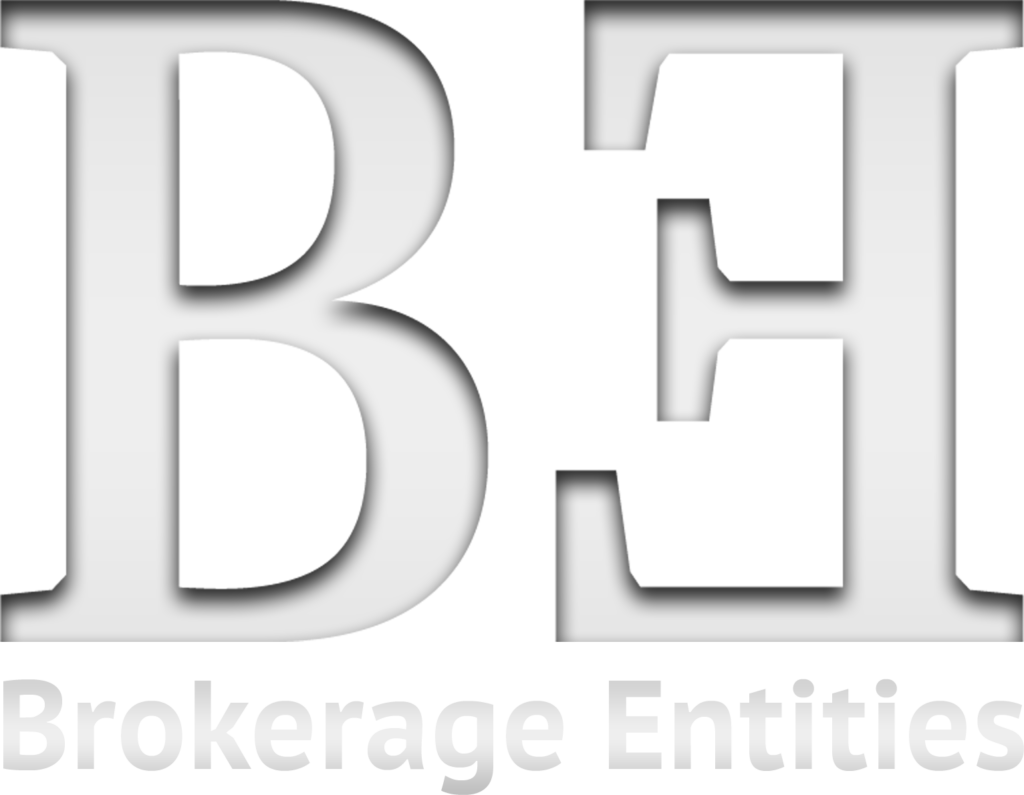Nailesh Teraiya has referred his Decision Notice to the Upper Tribunal. Any findings in the Decision Notice are therefore provisional and reflect the FCA’s belief as to what occurred and how it considers his behaviour should be characterised.
The Financial Conduct Authority (‘FCA’) has decided to fine Mr Teraiya, formerly the sole controller and chief executive of Indigo Global Partners Limited (’Indigo’), £5.95 million and ban him from carrying out any regulated activity.
The FCA has found that Mr Teraiya was responsible for Indigo’s participation in a sham trading scheme which obtained “repayment” of €91.2 million from the Danish tax authority, SKAT. In reality, this was not a repayment of tax as the claim related to shares that did not exist, no dividends had been paid and no tax had been deducted.
The FCA has also found that, in addition to £326,000 received through Indigo, Mr Teraiya received more than £5.1 million through third parties in return for his part in the scheme. The fine that the FCA has decided to impose seeks to deprive Mr Teraiya of the financial benefit he has received from his involvement in this scheme.
The claims to SKAT were made using hundreds of false and misleading documents produced by Indigo. These documents falsely certified that clients of Indigo owned large numbers of shares, that dividends had been paid on these shares and that tax had been withheld on these dividends on behalf of the Danish tax authorities. The FCA has found that Mr Teraiya knew that the documents were false and misleading and that they were used to support “reclaims” of tax which had never actually been paid.
The FCA considers that by participating in this sham trading scheme and deliberately misleading the FCA, including by concealing the extent he had personally profited from the trading, Mr Teraiya acted dishonestly and with a lack of integrity.
Therese Chambers, joint Executive Director of Enforcement and Market Oversight at the FCA, said:
‘As Chief Executive of Indigo and an experienced industry professional, Mr Teraiya knew that these were fake trades, supported by fake documents. He acted dishonestly and personally benefitted to the tune of more than £5 million for his part in this scheme. There is no place for such conduct in UK markets.
This is a clear example of the action we take against individuals who abuse their position for personal gain and damage the integrity of the UK’s financial system.’
This is the sixth case brought by the FCA in relation to cum-ex trading, with fines for the practice now totalling nearly £22.5 million. This work has been facilitated by the extensive engagement between the FCA and global law enforcement authorities.

